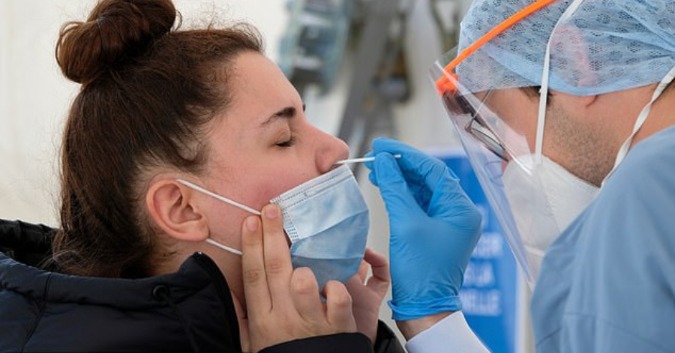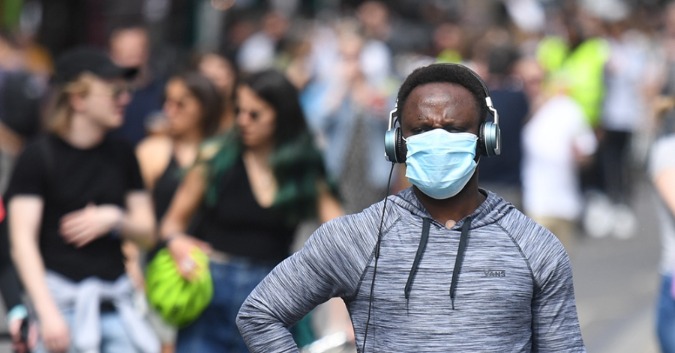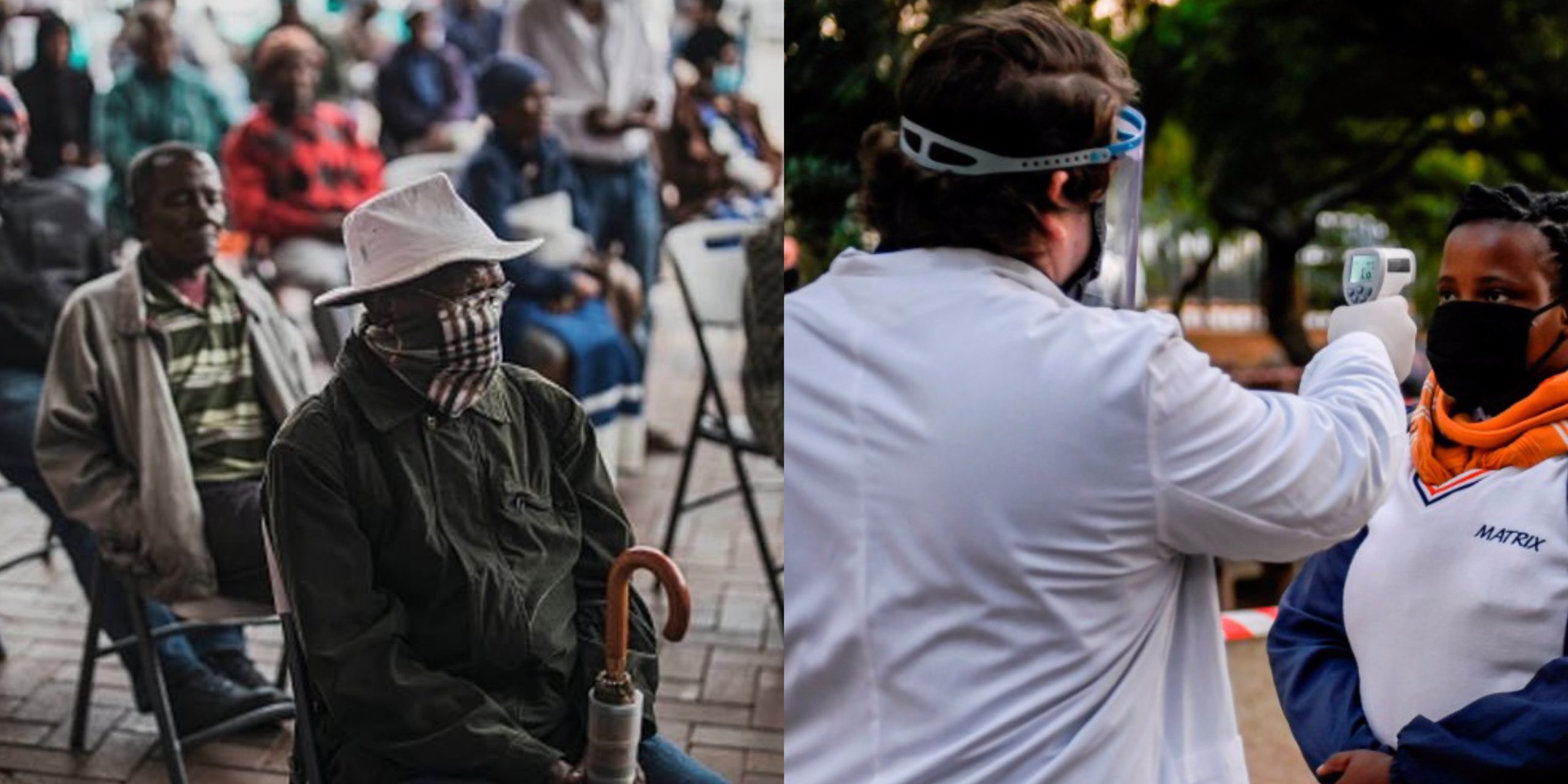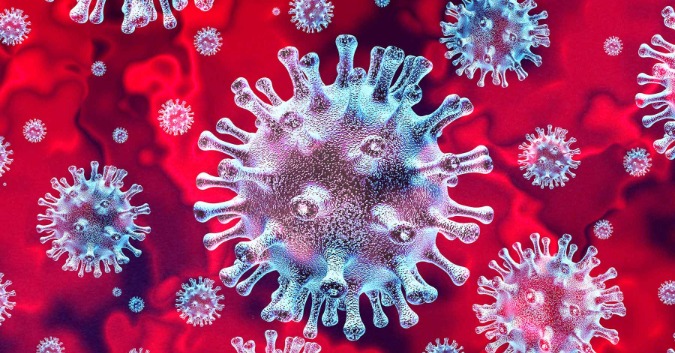People who have previously caught Covid-19 are immune to developing symptoms of reinfection, a study suggests.
At Newcastle-upon-Tyne Hospitals (NUTH) NHS Foundation Trust, researchers scrutinized data from more than 11,000 healthcare staff.
If they had some symptoms, workers were urged to have a Covid-19 test, and others were recruited to take antibody tests to determine disease prevalence.
About 1,000 of these either had coronavirus antibodies or tested positive with a PCR swab during the UK’s first wave of the virus between 10 March and 6 July 2020.
The researchers concentrated primarily on how many of the 1,038 hospital workers who had previously been infected exhibited symptoms and tested positive during the second wave in autumn, described as being between 7 July and 20 November.
Just 128 such individuals in this window reported exhibiting coronavirus-like symptoms, but none tested positive for Covid-19. In the study’s second wave window, 2,115 individuals in the study who had not previously had the virus reported symptoms emerging and had a swab.
Over one in eight of these individuals (290) tested positive.
No one reported a positive result that had already been contaminated while looking at the 11,000 hospital staff in particular. ‘We conclude that, at least in the short term, SARS-CoV-2 infection tends to result in protection against symptomatic infection in working-age adults,’ the researchers write in their report.
Coronavirus reinfection is not unheard of, although it is rare.
Previous reports have reported cases where, after healing from a first round of the disease, people have registered a positive result. Claims of people dying following reinfection have also been published.
However, information and facts of these cases are also sparse, with specialists questioning how much protection is offered by having the prior infection.
The new study, however, boosts optimism that individuals who have recovered from Covid-19 have at least some degree of security.
While the peer-reviewed analysis indicates that signs do not occur in persons, the picture for asymptomatic infection is less evident.
People have only given swabs in the Newcastle study if they had signs, possibly missing persons that were asymptomatic.
There is as yet no definite verdict as to whether these individuals pose a danger to other individuals of infection.
The researchers took a brief look at whether there could be reinfection in patients with no symptoms.
‘Asymptomatic PCR screening was undertaken on a pilot basis in an additional 481 healthcare workers, 106 with past infection and 375 without,’ the researchers wrote.
‘There were similarly no positive results in the group with previous infection 0/106, compared to 22/375 positive PCR results in the group without previous infection, consistent with results of symptomatic testing.’
However, because of the study’s shortcomings, if prior infection provides maximum defense against asymptomatic reinfection, the researchers remain ‘uncertain.’
The full findings are published in the Journal of Infection.
Source: Daily Mail, Journal of Infection









Leave a Comment